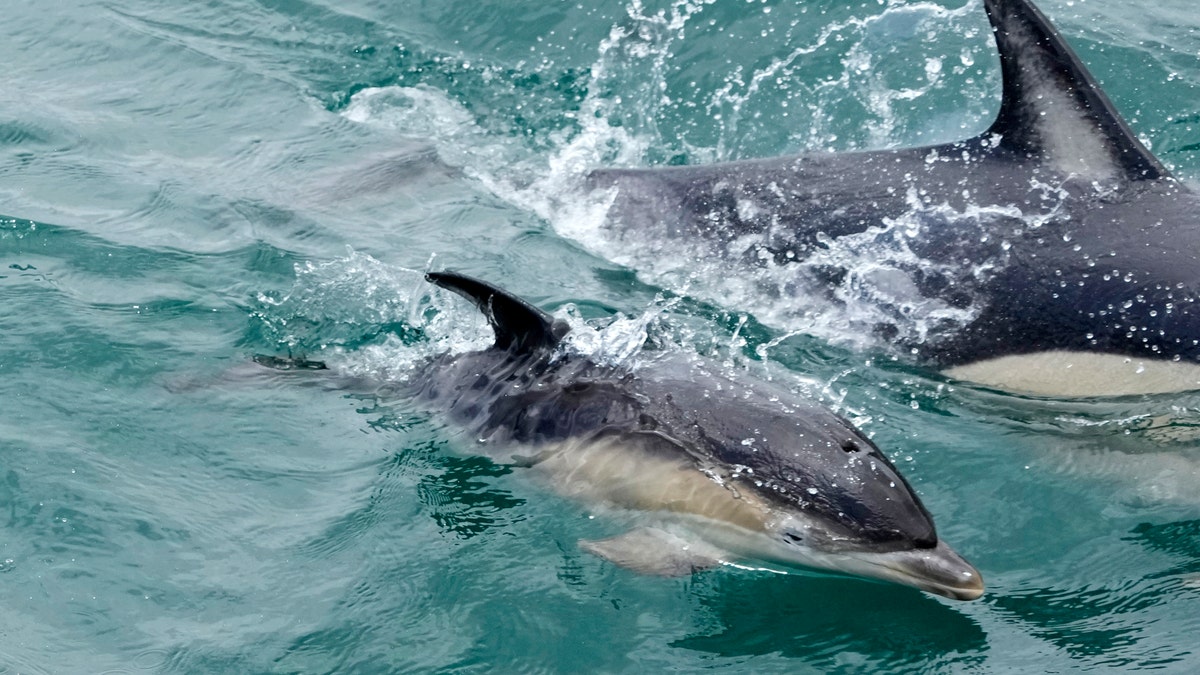In a landmark decision, United Nations members unanimously approved the first-ever treaty dedicated to preserving marine life in the high seas. This historic accord offers a renewed sense of hope for the protection of our oceans.
The treaty focuses on safeguarding biodiversity in areas beyond national jurisdiction, encompassing nearly half of the Earth's surface. These vast expanses, known as the high seas, have long been vulnerable due to a lack of comprehensive international regulations.
Following two decades of discussions and negotiations, the treaty finally reached a consensus in March of this year. It falls under the 1994 U.N. Convention on the Law of the Sea, which predates widespread understanding of marine biodiversity. The treaty will be open for signatures on September 20th during the annual gathering of world leaders at the General Assembly. It will officially come into effect once 60 countries have ratified it.
The agreement establishes a new governing body to oversee ocean conservation efforts and designate marine protected areas in the high seas. It also introduces essential guidelines for environmental impact assessments related to commercial activities in these waters. This is crucial for balancing economic interests with the imperative of protecting delicate marine ecosystems.

A dolphin calf swims near a boat at the mouth of the Tagus River in Lisbon, on June 24, 2022. (AP Photo/Armando Franca)
UN Secretary-General Antonio Guterres emphasized the urgency of this treaty, highlighting the numerous threats facing our oceans. Climate change is disrupting established weather patterns, ocean currents, and raising sea temperatures, impacting marine life. Overfishing, over-exploitation of resources, and ocean acidification further compound these challenges. Guterres stressed the treaty's vital role in mitigating these threats and urged swift global ratification.
With over one-third of fish stocks currently being harvested at unsustainable levels, and coastal waters increasingly polluted, this treaty provides a critical framework for international cooperation. It signifies a significant step towards ensuring the long-term health and resilience of our oceans.








